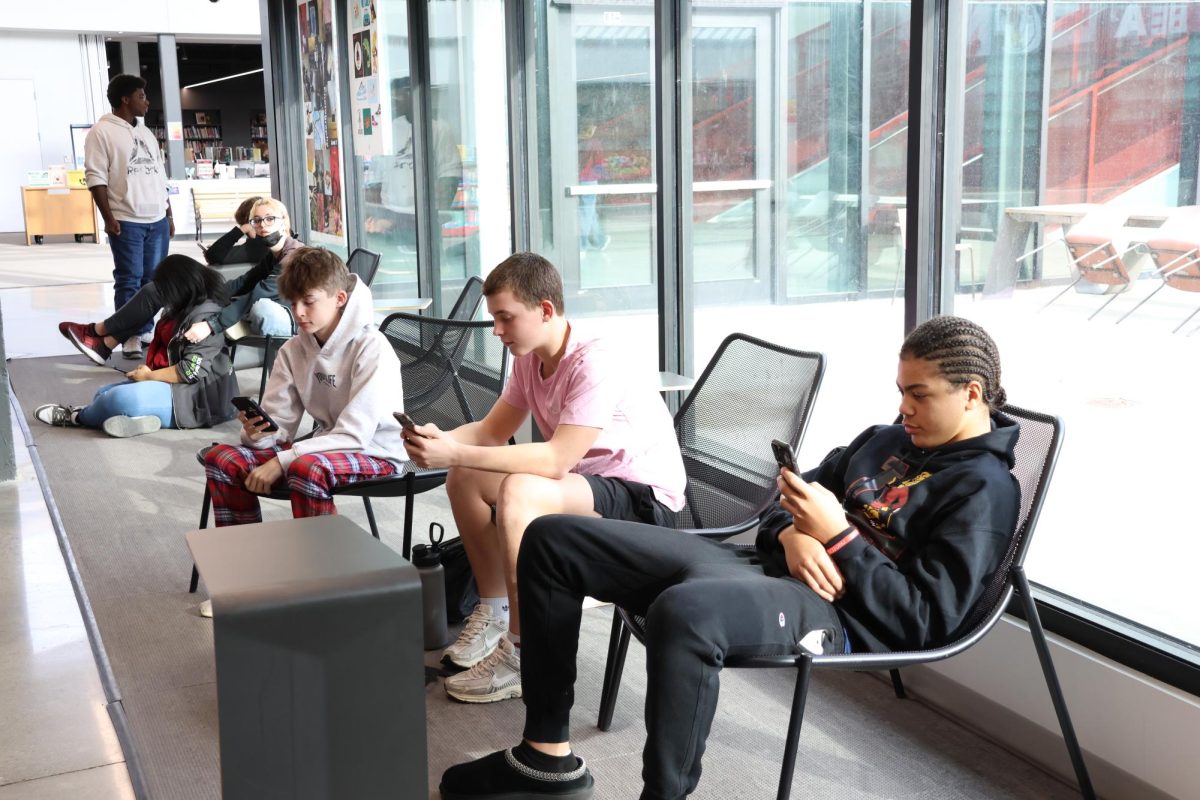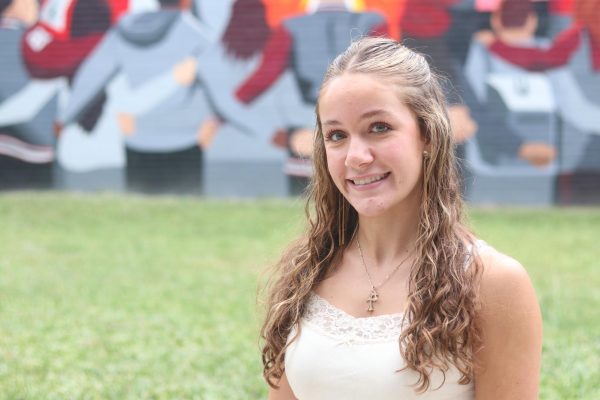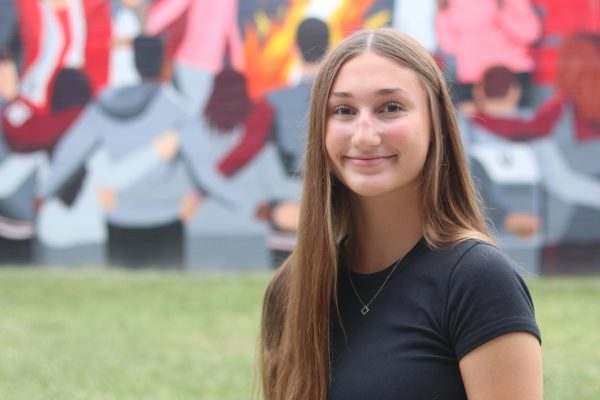Following petitionary support from both teachers and parents for a phone-free districtwide policy, superintendent Dr. Jeanice Swift reports that such an approach will be implemented next semester.
At a ‘community conversation’ between Swift and a handful of LHS students in the learning commons, the superintendent announced that starting on Jan. 6, 2025, the district’s currency policy will be put into practice more effectively.
She further elaborated on the topic this Monday in an email to the USD 497 community, after the board voted on passing the policy.
“Conversations have been ongoing for some time regarding the importance of prioritizing instruction by reducing the distraction of cell phones,” Swift wrote. “We have clear, specific guidance to support an orderly transition to a cell phone-free classroom.”
The JCAA policy is described as working – it currently states that phones should be powered off, concealed, and remain silent during instructional periods. However, many say that the suggested approach is unclear.
“There’s nothing effectively different that we can do,” science teacher Zachary Casey said. “The only thing we can do, according to their guidance, is remind students to put cell phones away more often.”
The board faced criticism from multiple angles – and they attempted to compromise.
One side called for a complete phone ban. Some schools have utilized lock boxes that students would turn their phones into when entering the school. Earlier this year, a petition was signed in support of a full cell phone ban without direct instructions as to what exactly should be implemented.
Investing in equipment like lock boxes would likely be the only effective way for students to stop being on their phones entirely. Even so, it is evident in districts that have introduced this technology that they are easily tampered with and made obsolete by rebellious students. The district, and somemany teachers, have done research on the problems that phones bring to the learning environment and everyday lives. The district cites research on their website.
“Quite honestly, I think everyone in the world that has access to a cell phone is at least mildly addicted to it,” Casey said.
With that being said, they can be useful. Journalism and video students frequently use them for reporting, along with students who have documented medical needs, IEPs, and 504 plans in which cell phones are vital. The board has stated that exceptions will be made.
Currently, there is already a cell phone policy in place. However, the responsibility is still placed on teachers to enforce it.
The other side of the criticism is for no changes. This side consists of some students who argue that a stricter policy may be an unnecessary measure.
“In my classrooms, it’s not a problem,” sophomore Alyvia Kimball said. “There’s a couple of students that have problems with it, but not enough to take it out on every single kid in the district.”
Students who have phone problems may not be affected by this change. Generally, the enforcement of a phone-free environment depends on teacher discretion. Different teachers have different attitudes towards devices – some embrace them, some don’t mind, and some strongly dislike them.
Second semester, teachers will presumably change their attitudes towards cellular devices. There isn’t much guidance available as to what is going to happen, if anything. But the discourse around the topic lately has made community members anxious.
“There’s been about a year of conversation, and it’s time to live it,” Swift said. “If we need to make adjustments, we’ll make adjustments. But we’re going to cross this bridge somehow.”





